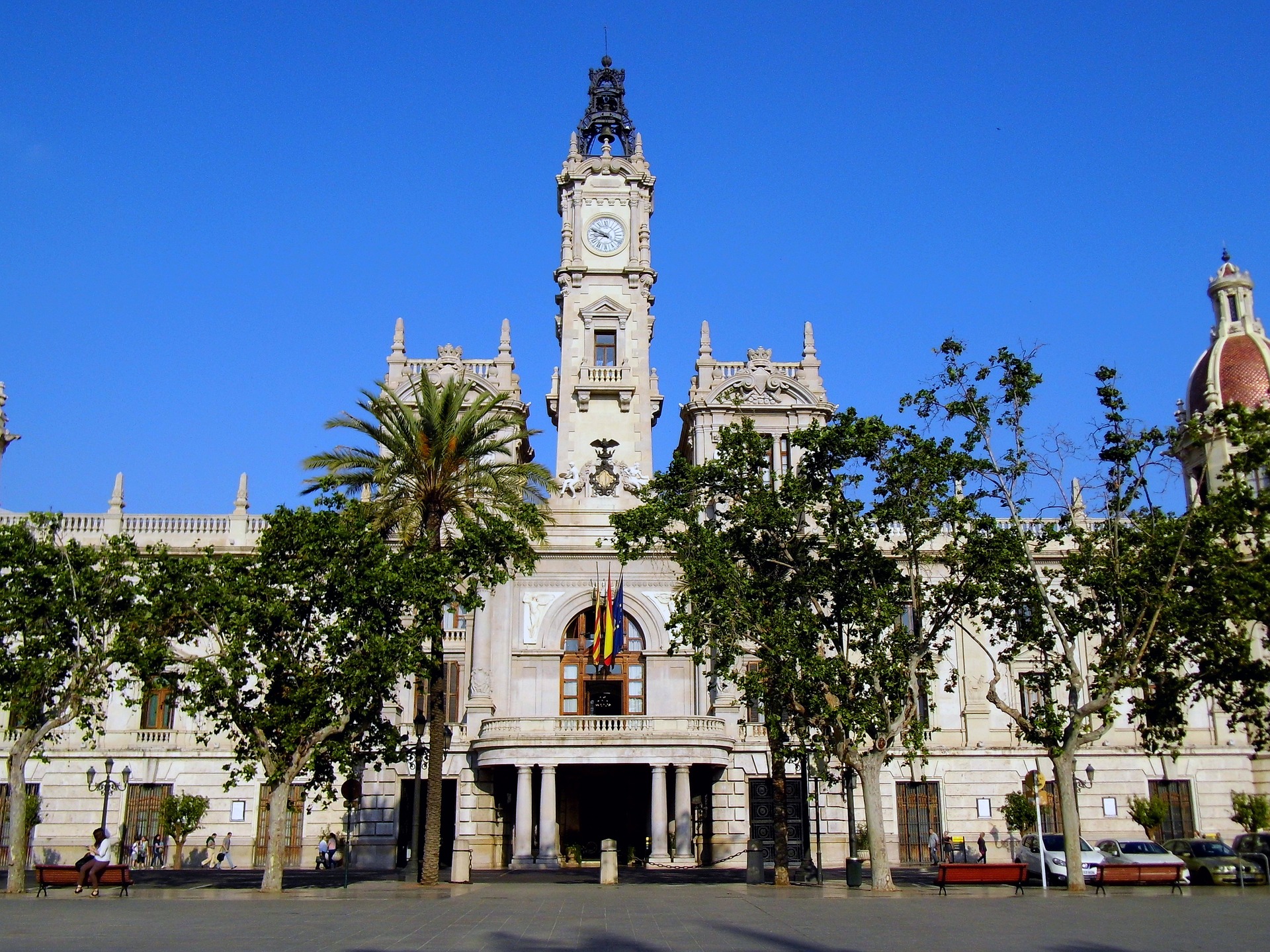1. What is the empadronamiento?
The Padrón Municipal is the municipal register that brings together all the residents of a municipality. Empadronarse corresponds to the act of registering on this register.
This is an essential and mandatory step for anyone wishing to reside in Spain.
This formality is free.
2. When is the empadronamiento required?
In addition to informing the town hall of your main residence and being used as proof of address, empadronarse is required for:
- Enroll your children in school
- Register for social security
- Have access to the public health system
- Apply for the regularization of a residence or work authorization
- Certify your driving license in Spain (for residents of countries having an agreement with Spain)
- Have access to municipal services
3. Who is the empadronamiento for?
All citizens need to register on the municipal padron where they have their main residence even if they reside in Spain illegally.
4. Book a cita previa
To register on the municipal padron, you will need to go to the city hall or to the dedicated city offices. We recommend that you book a cita previa in advance either by internet or by phone as it has become mandatory in some municipalities.
5. The documents to present
On the day of your cita previa, you will need to complete and bring the following documents :
- Fill out the registration form (this is done on the same day of the appointment)
- Identity document:
- For Spanish citizens, original and photocopy of the DNI or passport
- For citizens who are members of the European Union, original and photocopy of the valid identity card, NIE or passport
- For citizens coming from third countries, valid residence permit or passport
- Proof of your address:
- Original of the deed of sale or simple note from the property register
- Original and photocopy of the rental contract with proof of the last rent
- Original and photocopy of your contract or last bill of water, electricity, gas or IBI (Impuesto de Bienes Inmuebles)
- If you are requesting empadronamiento for all of your family members:
- For minors, the DNI and the family record book
- For foreigners, valid residence permit or passport of each family member
6. Renewal of the empadronamiento
If you are in one of the following cases, you will not need to periodically renew your empadronamiento:
- Citizen of a country of the European Union
- Citizen of a member country of the European Economic Area
- Holder of a residence permit as a family member of a European citizen
- Holder of a long-term residence permit
If you find yourself in another situation, you will have to renew your empadronamiento every 2 years.
In the event that you change your main residence, you must request in writing your registration on the padron of your new municipality. This will then inform your old municipality to remove you from their register.
7. Proof of Empadronamiento
A. Volante of Empadronamiento
To carry out certain administrative formalities, the Volante de Empadronamiento is necessary: DNI request, school registration, proof of address.
It is an informative document on which is indicated your main address. In order to get it, you can make the request by telephone, on the Internet, by mail or directly in person. It can also be requested by an authorized third party.
B. Certificado de Empadronamiento
The Certificado de Empadronamiento is a certificate of greater value when proving your residence and is also required to carry out some formalities: marriage, change of nationality, residence of arraigo, and other official registers.
This document is valid for 3 months and in some municipalities you will have to pay administrative fees in order to get this document.
8. Conclusion
To summarize, empadronarse in the municipality where you live is a mandatory and free procedure for any new resident in Spain. If you need help in getting it or if you still have questions, you can contact Vivre à Valencia at [email protected].


